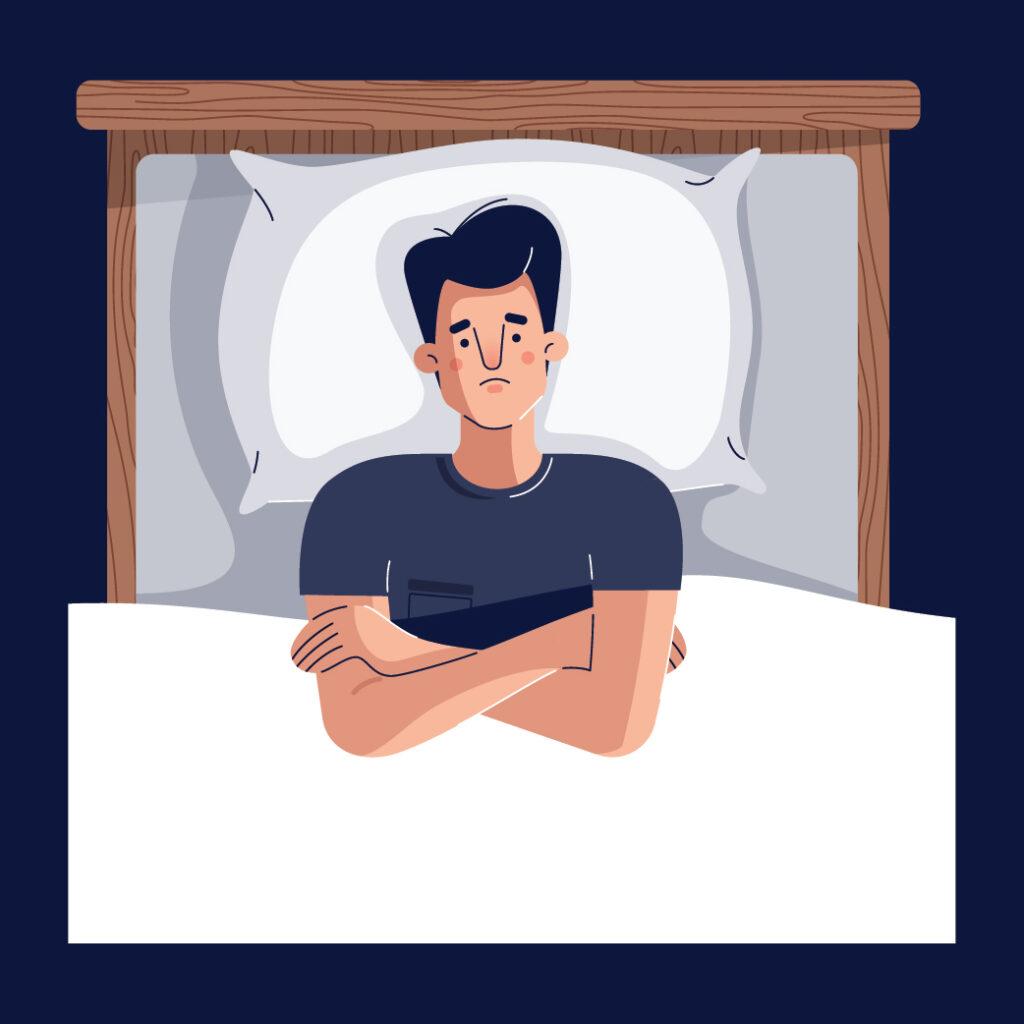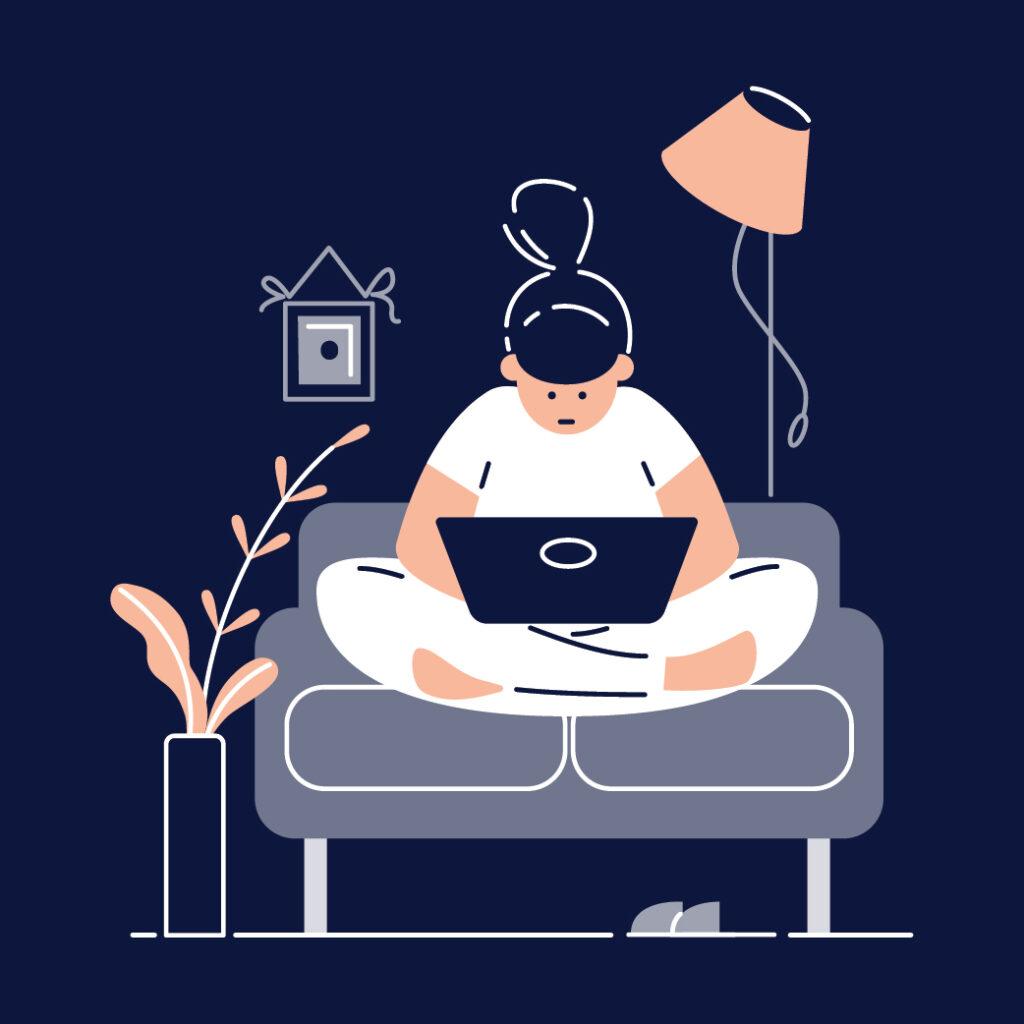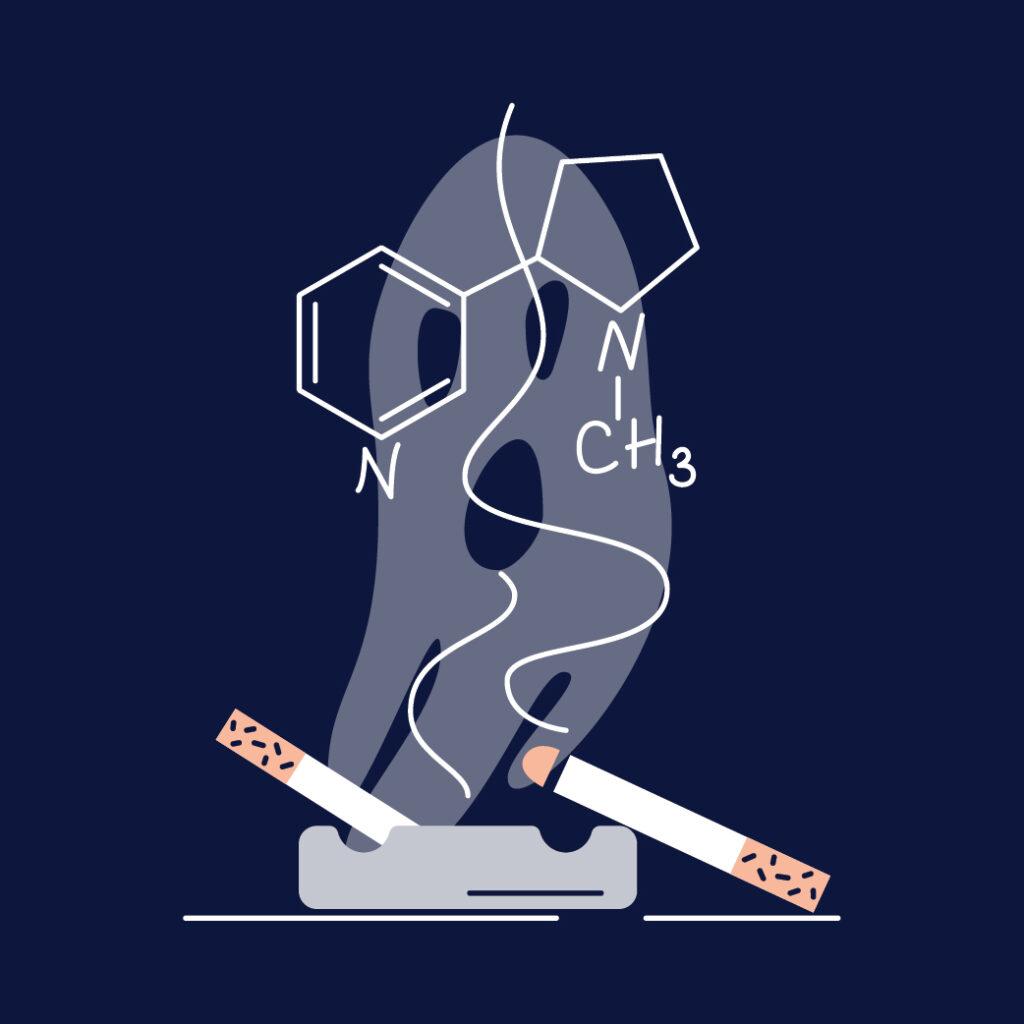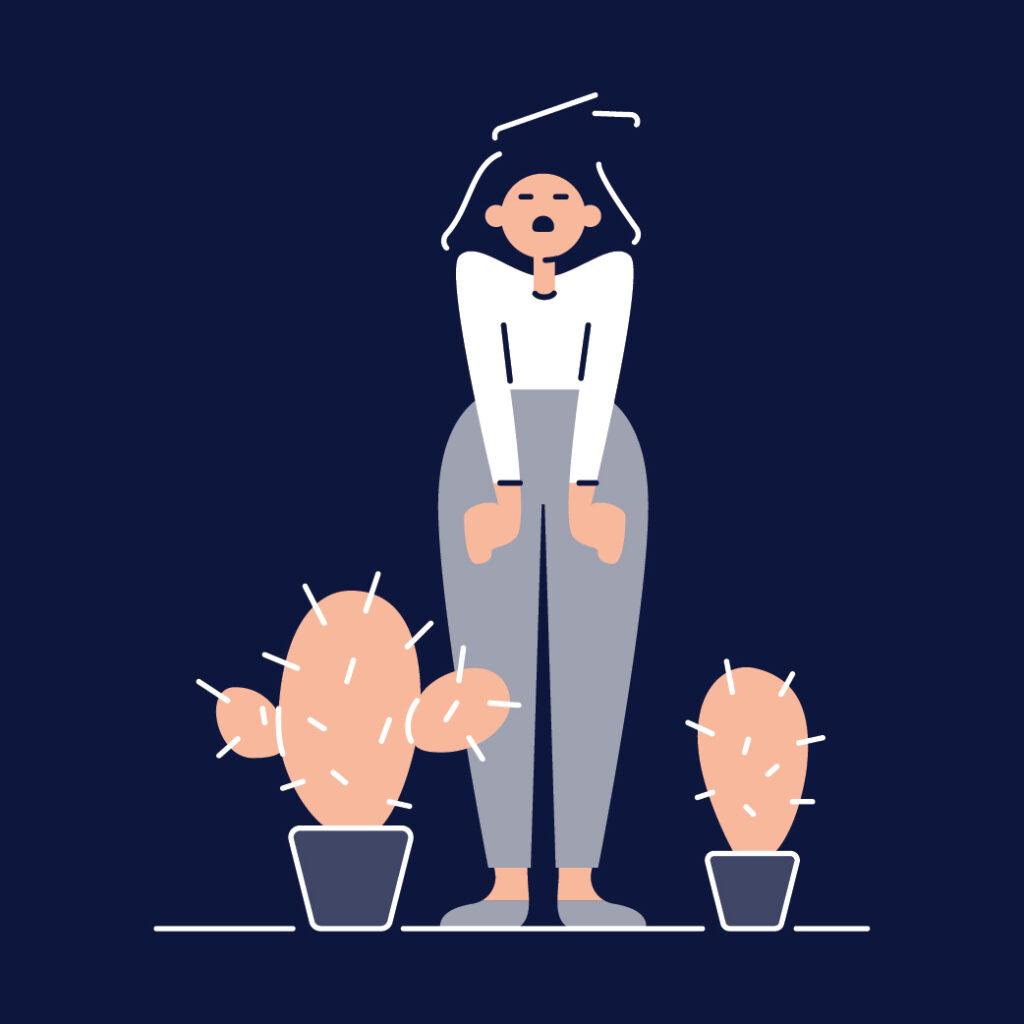Most people experience single or multiple nighttime awakenings. This could occur for a number of reasons, such as drinking caffeine, consuming alcohol late in the day, having a sleep disorder, or having underlying medical issues among many other factors.
For overall health and well-being, adults generally require 7 to 9 hours of sleep per night. Sleep patterns during the night are divided into a few stages. These stages are known as light, deep, and Rapid Eye Movement Sleep (REM). Most dreams occur in the REM phase where the muscles in arms and legs are temporarily unable to move.
Experts believe deep sleep is the most essential of all for feeling rested and staying healthy. However, this becomes a problem for people who experience nighttime awakenings as their sleep pattern is disrupted and this prevents them from entering deep sleep.
The good thing is that there are some alternatives that people who suffer from night awakenings can try to help overcome it.

Why do people experience nighttime awakenings?
LIFESTYLE HABITS
- Alcohol use may give the impression that it will aid in falling asleep. Initially, alcohol consumption before bedtime may help you nod off quickly. However, when the alcohol wears off, it may interfere with your sleep cycle and keep you from falling asleep deeply.
- Consuming products that are high in caffeine can make sleep difficult as caffeine is a stimulant and it can cause palpitations, increased heart rate, and jitteriness. These side effects can be a huge challenge for a good night’s sleep.
- Cigarette smoking can become addictive. As a stimulant, the nicotine in cigarettes can make the smoker crave a few puffs, and this craving may even strike while the smoker is fast asleep.
- Using electronics right before bed can stimulate the brain, keeping it alert and making it difficult to fall asleep.

PSYCHOLOGICAL CAUSES
People frequently wake up at night for a variety of reasons, including stress. Insufficient sleep can also be a symptom of other mental health issues, such as (and more):
- Depression
- Schizophrenia
- Post Traumatic Stress Disorder (PTSD)
- Anxiety-related disorders
SLEEP DISORDERS
- Restless leg syndrome – An uncontrollable urge to move the legs due to uncomfortable sensations. You can be sitting or lying down when it happens, and it usually occurs in the evening or at night. The uncomfortable sensation is temporarily reduced by movement.
- Nightmares – Bad case of nightmares usually includes thrashing, screaming, and frantic movements. Nightmares can disrupt one’s sleep patterns.
- Sleep apnea – A potentially serious sleep disorder called sleep apnea is characterised by frequent breathing pauses and starts. The difficulties in breathing can disrupt sleep patterns.

Tips to sleep through the night
Refrain from drinking alcohol from late afternoon
Avoid alcohol consumption at least four hours before bedtime to avoid sleep disruptions.

Refrain from taking long naps during the late afternoon or in the evening
Taking naps in the late afternoon or mere hours before bed can leave you feeling energised and more alert. This can make sleep difficult during your actual bedtime.
Try to avoid nicotine products
Since nicotine is a stimulant and can trigger cravings, it’s best to avoid nicotine-based products.

Have a sleep schedule
Set a fixed bedtime and a wake-up time. Try adhering to this routine and eventually your body will adapt to this schedule.
Blackout
Draw your curtains and switch off the lights for a dark room. Having a cool, dark, and quiet room helps ith
entering REM sleep.
Keep away from your electronic devices
Refrain from using your phone or any digital devices at least an hour before your bedtime.

Relax your mind and body
Carry out gentle exercises or light yoga to help ease the tension in your body and mind. A relaxed body and mind make it easier to sleep.

Avoid drinking coffee or consuming any caffeine products before bedtime
Try not to consume any caffeinated food or beverage after noon. Caffeine is a stimulant whose effects can last for hours.

If your sleep issues continue, it is best for you to speak with a medical professional who specialises in sleep disorders to identify the root of the issue and the most effective course of action. A good night’s sleep is priceless for one’s soul.
Source: Healthline, WebMD, Mayo Clinic, Cleveland Clinic














